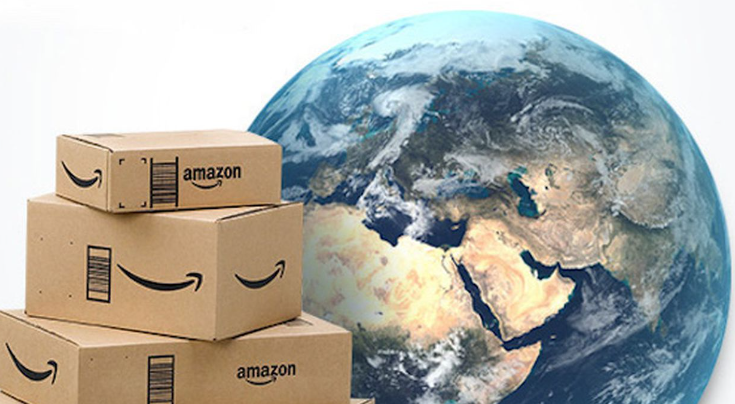
In today’s global marketplace, expanding your Amazon FBA business internationally represents a significant opportunity for growth. With Amazon operating marketplaces in over a dozen countries, sellers have the potential to reach millions of additional customers by tapping into cross-border e-commerce.
This blog post explores the strategic considerations, logistical challenges, and practical steps involved in taking your Amazon FBA business global.
Understanding Market Dynamics and Customer Preferences
Before diving into international waters, it’s crucial to research and understand the specific dynamics of the target markets. Each country has its unique consumer behavior, cultural nuances, and purchasing preferences. For instance, product categories that perform well in the U.S. may not necessarily resonate with consumers in Japan or Germany.
Additionally, consider local competition and regulatory environment. Some countries might have stringent requirements for certain products, from labeling and packaging to safety and compliance standards. Familiarizing yourself with these aspects can help you tailor your strategy and avoid costly mistakes.
Selecting the Right Amazon Marketplaces
Amazon operates several international marketplaces, each with its audience and growth potential. Deciding where to expand involves weighing factors such as market size, competition, and alignment with your product niche. For many sellers, English-speaking countries like the UK and Canada might be the natural first choices due to the lower language barrier. However, emerging markets like Mexico and India are rapidly growing and may offer untapped opportunities for early movers.
Moreover, consider leveraging Amazon’s Global Selling and FBA Export programs, which simplify the process of listing and fulfilling orders across multiple countries. These programs can be an excellent way to test the waters in new markets without establishing a full-fledged local presence.
Navigating Logistics and Fulfillment
Expanding internationally introduces complexities in logistics and fulfillment. You’ll need to decide whether to use Amazon’s local FBA services in each country or ship orders from your home country. Using local FBA can significantly enhance the customer experience through faster shipping times and Prime eligibility. However, it requires managing inventory across multiple locations and navigating the import process, including customs duties and taxes.
Alternatively, cross-border shipping from your home country or a central fulfillment center can simplify logistics but might lead to longer delivery times and higher shipping costs for international customers. Weighing the pros and cons of each approach is essential to finding the right balance between operational efficiency and customer satisfaction.
Localizing Your Listings and Customer Service
Successful international expansion goes beyond just listing your products on foreign Amazon marketplaces. Localization involves adapting your product listings to reflect local languages, cultural references, and search behaviors. This might include translating your listings and using local keywords to improve search visibility.
Furthermore, consider the customer service aspect. Providing support in the local language and being mindful of time zone differences can significantly enhance the customer experience and build trust in your brand. Partnering with local service providers or hiring multilingual customer service representatives can be effective strategies to address these challenges.
Leveraging Marketing and Promotions
Marketing and promotions play a crucial role in establishing your brand in a new market. Developing a marketing strategy that leverages both Amazon’s advertising tools and external channels can increase your visibility and drive sales. This might include sponsored products ads, deals, and promotions on Amazon, as well as social media marketing, influencer collaborations, and email campaigns targeting the local audience.
It’s also worth participating in local shopping events and holidays, which can vary significantly from country to country. For example, Singles’ Day in China and Diwali in India represent major e-commerce shopping events that can offer substantial sales opportunities.
Monitoring Performance and Adapting Your Strategy
Finally, as with any new business venture, monitoring performance and being willing to adapt your strategy is key. Keep a close eye on sales data, customer feedback, and market trends. Use this information to refine your product offerings, pricing, and marketing tactics. Expanding internationally is a continuous learning process, and staying agile can help you navigate the challenges and capitalize on the opportunities in global markets.
Conclusion
Expanding your Amazon FBA business internationally can open up new horizons and significantly boost your sales potential. While cross-border e-commerce comes with its set of challenges, careful planning, market research, and strategic execution can pave the way for successful international growth. Embrace the complexity, adapt to local markets, and leverage Amazon’s global infrastructure to take your FBA business to the next level on the world stage.
